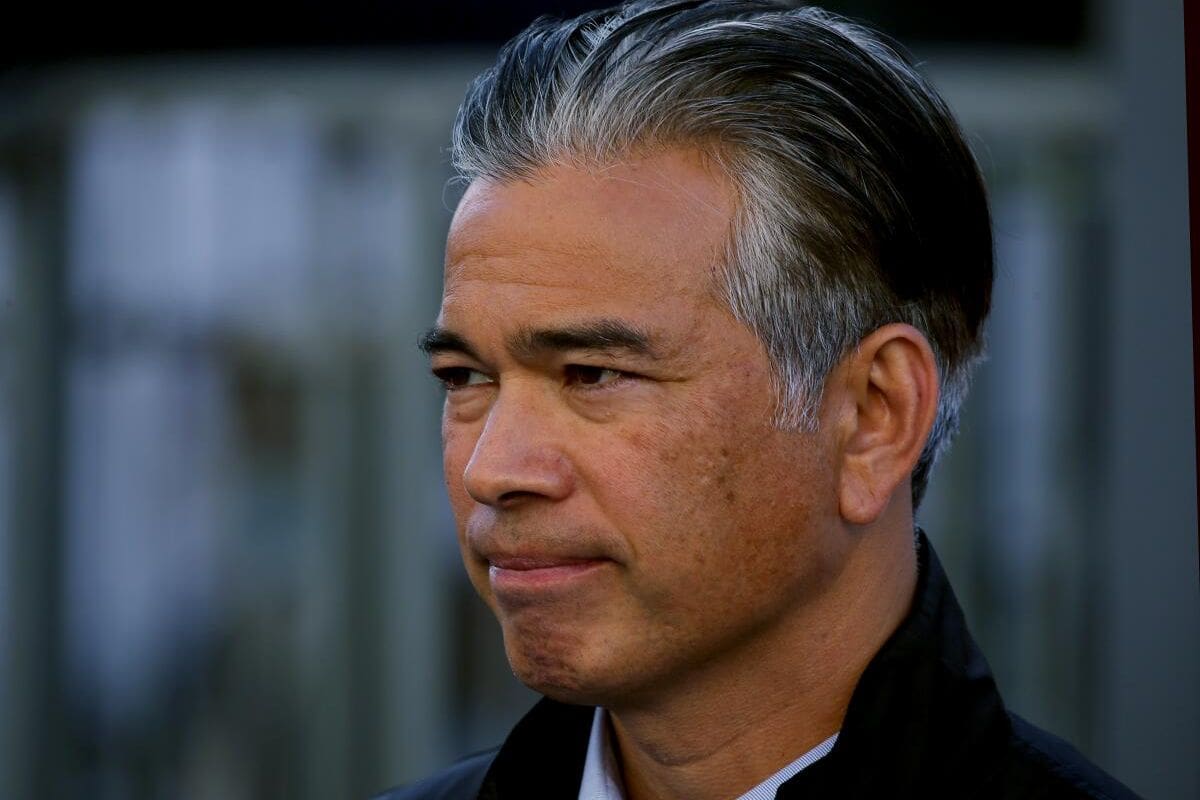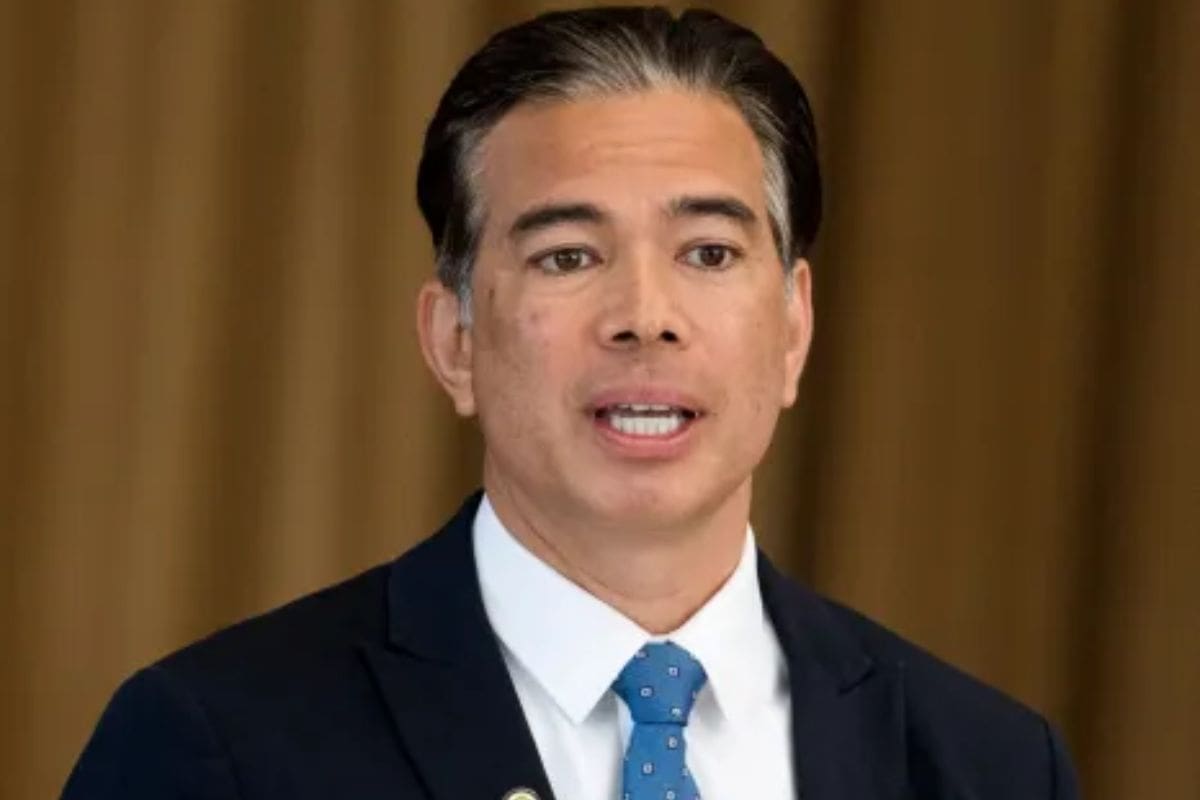California AG Champions: California’s Attorney General is making headlines with a new bill aimed at shielding consumers from the debilitating effects of medical debt on their credit scores. This proactive step not only safeguards individuals’ financial well-being but also sheds light on a pervasive issue within the current credit reporting system.
By championing this legislation, California is setting a precedent that could have far-reaching implications for consumer protection nationwide. As the debate unfolds, it becomes increasingly clear that the intersection of healthcare and credit reporting is a complex landscape deserving of closer examination.
California Attorney General Backs Legislation to Protect Consumers from Medical Debt on Credit Reports
Championing consumer protection, California Attorney General Rob Bonta has thrown his support behind legislation aimed at shielding individuals from the adverse effects of medical debt appearing on their credit reports. The proposed bill, sponsored by Sen. Monique Limón, seeks to prevent health care providers and collection agencies from disclosing patients’ medical debt to credit reporting agencies. Additionally, it aims to bar credit reporting agencies from receiving, retaining, or disseminating any information related to medical debt.
The initiative comes as a response to mounting concerns regarding the impact of medical debt on individuals’ financial well-being. Including medical debt on credit reports has been shown to unfairly drag down credit scores, hindering people’s ability to secure employment, housing, or loans. By prohibiting the reporting of medical debt, the legislation aims to alleviate the burden on consumers who may have accumulated medical expenses beyond their control.
Attorney General Bonta’s endorsement of this bill underscores the importance of safeguarding consumers from the potentially crippling repercussions of medical debt on their financial standing. Should the legislation pass, Californians could see a significant shift in how medical debt is handled within the realm of credit reporting, offering a beacon of hope for those grappling with the aftermath of medical expenses.
California’s Initiative: A Fix for a Broken System
California Attorney General Rob Bonta’s backing of legislation to protect consumers from the impact of medical debt on credit reports signals a concerted effort to address a systemic issue within the state. As a Democrat, Bonta has shown a strong commitment to fixing what he perceives as a broken aspect of the current system. He has stressed the significance of California leading the way on critical matters and supporting initiatives aimed at correcting the deficiencies in the existing framework.
If the proposed legislation successfully passes, California would become the third state, alongside Colorado and New York, to eliminate medical bills from consumer credit reports. Notably, Minnesota is also contemplating a similar measure, indicating a growing recognition of the need to overhaul the treatment of medical debt in credit reporting systems.
State and Federal Actions Align to Protect Consumers
In the realm of consumer protection, the alignment of state and federal actions is crucial to safeguarding individuals from the impact of medical debt on their credit reports. While the Biden administration plans to develop federal rules through the Consumer Financial Protection Bureau, California is taking proactive measures to enact its own legislation promptly. California Attorney General Rob Bonta is championing a bill aimed at blocking the adverse effects of medical debt on credit scores, emphasizing the need for timely relief for residents. This state-level initiative complements the broader federal efforts to address the issue on a national scale.
To illustrate the significance of state and federal alignment in consumer protection, the following table outlines key points:
| Aspect | State Actions | Federal Actions |
|---|---|---|
| Development | Independently creating and passing legislation | Formulating rules through the CFPB |
| Timeline | Prompt enactment to provide immediate relief | Potentially lengthier process for nationwide impact |
| Opposition | Possible resistance from healthcare providers | Uncertainty regarding opposition |
| Goal | Protecting individuals from medical debt impact | Safeguarding consumers nationally |

Common Collection Tactic: Credit Reporting Threats
Employing credit reporting threats has emerged as a prevalent collection tactic utilized by hospitals to prompt patients to settle their bills, as revealed by an analysis conducted by California Healthline. Concerned about potential challenges in recovering medical care costs, hospitals may be hesitant to support a credit score ban. The three major U.S. credit agencies—Equifax, Experian, and TransUnion—have pledged to exclude certain medical debt from credit reports beginning in 2022.
However, this exclusion applies only to paid-off bills and those under $500, leaving many individuals with significant medical expenses unaffected. The use of credit reporting threats can place immense pressure on patients, potentially impacting their credit scores and financial stability. While the upcoming changes from the credit agencies are a step in the right direction, there remains a gap in addressing the broader issue of high medical debt burdens on individuals and families.
Patients faced with mounting medical bills may feel coerced into settling debts to protect their credit standing, even if they are struggling to afford these expenses. As conversations around medical debt and credit reporting continue, it is crucial to consider the implications for patients and work towards more comprehensive solutions that alleviate the financial burdens imposed by healthcare costs.
Addressing Disproportionate Impact and Encouraging Medical Care
Addressing the disproportionate impact of medical debt and promoting access to essential healthcare services is a critical step towards ensuring equitable health outcomes for all individuals. Medical debt disproportionately affects low-income, Black, and Latino Californians, even those with medical insurance and healthy incomes, as highlighted by the California Health Care Foundation. Sen. Limón’s proposed legislation, while not forgiving medical debt, aims to alleviate fears surrounding medical costs, encouraging more individuals to seek timely medical care. This move aligns with a broader effort to mitigate the impact of medical debt on individuals’ lives, particularly those facing financial challenges due to healthcare-related expenses.
To emphasize the importance of addressing medical debt disparities, the following table illustrates key demographic groups affected and the need for improved access to healthcare services:
| Demographic Group | Disproportionate Impact of Medical Debt |
|---|---|
| Low-Income | Struggle with Medical Debt despite Insurance Coverage |
| Black Californians | Overrepresented in Medical Debt Statistics |
| Latino Californians | Disproportionately Affected by Medical Debt Burden |
| Insured Individuals | Increasingly Burdened by Medical Debt |
| Financially Struggling Individuals | Face Challenges due to Healthcare Expenses |
Efforts to address these disparities and promote access to medical care are vital in ensuring that all individuals have equal opportunities to maintain their health and well-being.


ALSO READ: California Resources Faces Price Target Cut to $56 Amidst Regulatory Hurdles
News in Brief
California Attorney General Rob Bonta supports legislation preventing medical debt from affecting credit reports. The bill, sponsored by Sen. Monique Limón, aims to block health care providers and collection agencies from sharing patients’ medical debt with credit bureaus. This move addresses the unjust impact on credit scores, potentially hindering job searches and housing applications. If passed, California would be the third state, after Colorado and New York, to eliminate medical debt reporting. Despite voluntary credit agency actions, substantial medical bills remain on credit reports. This initiative aligns state and federal efforts, offering timely relief to residents.
Our Reader’s Queries
Can medical bills affect your credit in California?
Paid medical bills do not feature on credit reports or influence credit scores. However, the impact of unpaid medical debt on credit depends on factors such as the initial reported amount, the duration of the debt, and the credit scoring model utilized.
What is the interest rate for medical debt in California?
In general, a judgment can undergo multiple renewals over ten years, incurring a 10% interest on any outstanding amount. Yet, certain judgments related to medical expenses or personal debt may have a single renewal option for a five-year period, accompanied by a 5% interest rate.
What happens if you don’t pay medical bills in California?
Ensure the accuracy of your medical bill by taking proactive measures and seeking available financial or legal assistance. Neglecting payment may result in late fees, interest charges, debt collection efforts, lawsuits, garnishments, and a decline in credit scores.

